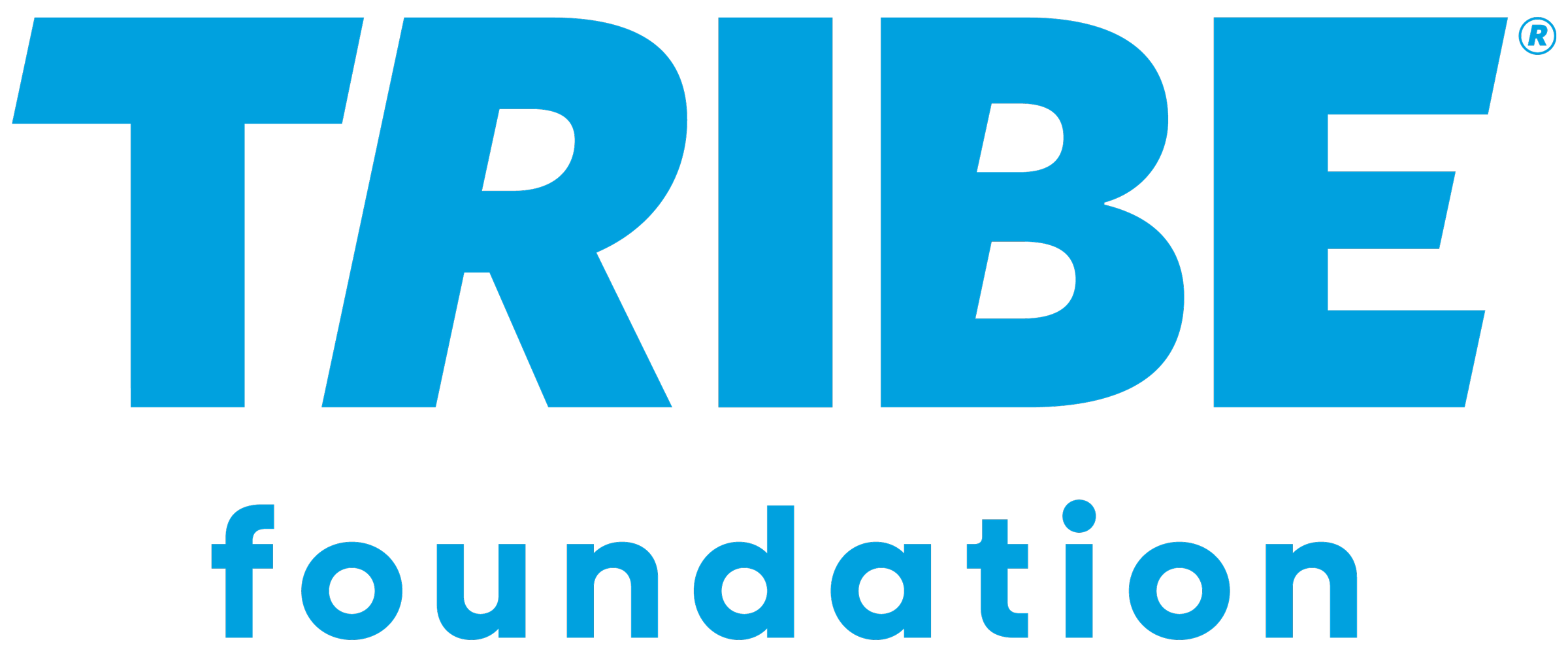In May 2023, the TRIBE Freedom Foundation launched the Foodies Fighting Slavery Toolkit, a freely accessible Toolkit commissioned by the former UK Independent Anti-Slavery Commissioner and developed in collaboration with experts at Stronger Together and STOP THE TRAFFIK. Since the launch, we have been working with SMEs to help them begin progressing through the Toolkit and start actioning the key steps. We spoke to the team at TRIBE Nutrition to hear how it’s going so far, explore their learnings and their goals.
About the Toolkit
The Toolkit is comprised of four key sections which can be completed by any UK Food & Drink SME and will help teams to kick-start a cycle of of continuous improvement. The goal is not to “complete” the Toolkit but to work through the practical steps and guidance to drive action against slavery across both internal and external networks; building momentum and strengthening your systems over time (at TRIBE Nutrition – we are committing to revisit the full Toolkit and each of the steps on an annual basis).

For TRIBE Nutrition, the ultimate goal for 2023 is to have actioned Steps 1-3 of the Toolkit by the end of the year. So, as we near UK Anti-Slavery Week, we wanted to share an update on our progress to date including our new Supplier Code of Conduct, organisational modern slavery goals and key performance indicators.
—
Step 1: Commit
Understanding the problem and committing to taking action.
Following the launch of the Foodies Fighting Slavery Toolkit, the TRIBE Sustainability Team (a team of employees who have put themselves forward to help drive sustainability at TRIBE) called a meeting to review how we would put the Toolkit into action! The team was made up of representatives from the Operations and Sales teams, with support from TRIBE Freedom Foundation. All passionate about the need to fight modern slavery in the food industry.
To update the team, engage them with the process and complete Step 1.1 of the Toolkit we scheduled a team-wide meeting to complete Activity 1.
“It was great to understand better how we can all be taking actions to help prevent modern slavery and think about how we do more to share our mission with retailers, suppliers and partners” (Jasmin England, National Account Manager)
Following the first team-wide meeting we immediately scheduled in time to complete Activity 2. This was a great opportunity to hear from the team as part of an interactive focus group session, exploring questions like:
What does being a responsible business mean to us?
Why do we want to tackle the risk of modern slavery in our operations?
What impact do we want to create for the people who are engaged in our supply chain (from those involved in growing and harvesting to processing, manufacturing and transporting)?
The responses to these questions were used to develop our *new* Modern Slavery Goals:

Based on the Goals above, we have developed the following KPIs for 2023:
Goal 1
Percentage of suppliers with completed base information in Tool 2.
Percentage of suppliers with completed risk indicators in Tool 2.
Percentage of suppliers who return the supplier questionnaire (Tool 3).
No. of supplier meetings (to increase engagement with our suppliers this number should grow year-on-year).
Goal 2
No. of steps and longer-term actions completed in the Toolkit (annually).
Goal 3
Percentage of staff who have completed Activity 1.
Percentage of staff who have downloaded the Unseen Modern Slavery App (to review and report signs of modern slavery).
Percentage of suppliers who have shared relevant “spot the signs” resources across employees (or have existing “spot the signs” training).
Our key learnings from Step 1 include:
#1: Booking team meetings for Steps 1.1 and Steps 1.2 within a short two-week window really helped to get the process up and running.
#2: Having a mix of different staff on the Foodies Fighting Slavery Working Group/Sustainability Team (from different teams e.g. Sales, Operations and Finance) helped to ensure accountability and encouraged those less familiar with issues around supply chains to get involved.
—
Step 2: Assess
Mapping our operations and supply chains to help prioritise risk.
Step 2 is directly helping us to work towards Goal #1 of our Modern Slavery Goals: “We want to understand our key risk areas and put in place processes to address them, ensuring a robust and transparent supply chain.”
We have used Tools 1, 2 and 3 in the Foodies Fighting Slavery Toolkit to help us with mapping our operations and identifying our high-risk suppliers.
To date, we have reviewed 41 of our Tier 1 suppliers based on the Foodies Fighting Slavery Risk Assessment (Tool 2). Based on this, we identified:
18 high-risk suppliers
20 medium-risk suppliers
2 low-risk suppliers
We are now working to engage all suppliers, prioritising our high-risk suppliers to gain a better sense of their risks, the demographics of their workforce, what progress and improvements they are making and how we can validate and certify the information they have provided us with. Together, we will help create a clear picture of our risks and co-develop appropriate corrective actions to address these risks.
So far, we have:
Emailed 19 (46%) Tier 1 suppliers with our *new* Code of Conduct and Basic Supplier Information Form.
Emailed 3 (7%) Tier 1 suppliers with our Supplier Self-Assessment Form.
Our key learnings from Step 2 include:
#1 Developing Tool 3 (and Tool 4) into an online form helped to collate all supplier responses in one location. Highly recommended!
#2 We chose to combine the questions from Tool 4 (Step 3.1) into the online form to help streamline the process and avoid additional back and forth with suppliers.
#3 We are finding that Step 2 is taking longer than anticipated and will require further outreach to collate responses from all our high-priority suppliers. We plan to use Anti-Slavery Day as a hook to remind suppliers about the questionnaire and ask them to complete it before then!
—
Step 3: Act
Take action and respond to the risks you have identified
Looking ahead to the rest of the year we will be working to act against the risks we have identified in Step 2. This involves:
#1: Developing an assessment programme for our priority suppliers.
#2: Supplier visits and a review of third-party social compliance audits/certifications.
#3: Collaborating with suppliers on corrective actions.
Our goal is to have met with our top five high-priority suppliers by the end of the year and to have either completed a supplier visit ourselves or completed a review of their relevant third-party social compliance audits/certifications.
We recognise that we all have a greater role to play in helping to tackle modern slavery in the food industry and beyond. We call on you to join us!
Together, we will go further and faster to end modern slavery. Let’s do this.

